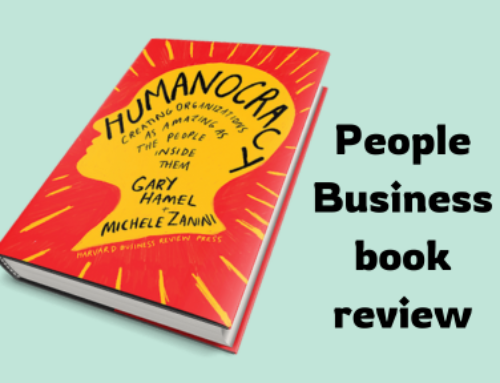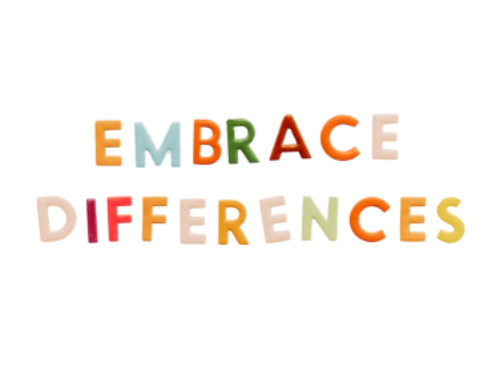Fireworks in the office?
Fireworks night is yet again upon us but while many people are looking forward to the colourful display and noise, it can be easy to forget that colleague relationships within the office can often create their own fireworks.
One of the biggest causes of stress in the workplace is a falling out between staff and colleagues or a manager. Stress can show itself in a myriad of ways, both physical and psychological. Sufferers are likely to feel anxious, and it can have a huge impact on sleep. An employee can go to bed thinking about the person, and wake up thinking about them. In some cases, people will be physically sick in the morning or on a Sunday evening thinking about their situation and dreading going to work.
It’s important to note that conflict isn’t necessarily full on explosions and arguments – it may well be frequent sarcastic comments and emails. It can be a subtle rather than obvious problem, to do with perceptions, emotions, feelings and unmet needs.
So what can you do to recognise the warning signs and diffuse a potential situation brewing?
- Ensure that the personality of the company is reflected within its organisation culture. Does it encompass its core values, mission, beliefs, ethics, expectations and goals? Do behaviours reflect this from the top down? Your company processes should also reflect its values.
- Be aware of subtle indicators that may suggest someone in your team is struggling. The following are all signs that something might be simmering:
-
- a shift in tone in a meeting
- eye rolling
- blunt email responses
- underhand comments
- sharp remarks
- Have a chat with the person; tell them you’ve noticed some changes in their behaviour and ask if anything is bothering them. Listen to what they have to say. This is a very powerful way to let your people know they are valued and important to you and the company. Ask what could make a difference to them in their situation and evaluate whether this is doable. If it is, action it.
- Remember that compassion is a strength and not a sign of weakness. Develop the necessary skills and have the courage to have conversations about what the issues are that need to change.
- If the situation reaches a stalemate don’t leave it or encourage the parties to sort it out themselves. In most cases this never happens and just adds fuel to a smouldering bonfire. At this point, mediation can be very effective; it also shows that you take the emotional wellbeing of your team seriously.
- Mediation offers a great opportunity for success when used as a preventative measure to stop a situation escalating. It also has the advantage of a solutions-based focus rather than placing the emphasis on who is right or wrong, who wins and who loses. Both parties do need to participate voluntarily and be committed to the process.
- Intervene early. A grievance is usually a last resort when people feel they have exhausted all avenues and nothing has improved or changed; if a situation has escalated to this point, it is in itself a red flag that the company might not have intervened quickly enough or handled things well… if at all. Early intervention will result in a much more successful outcome.
- Review your grievance policy and procedure. How effective is it; could it be rewritten as a ‘resolution policy’ with the focus on resolving the issues rather than delivering a right or wrong outcome? Employees don’t want to feel as though they are being hit over the head with these processes.
If you feel out of your depth or can’t be impartial, seek expert help. Click here for our contact details.
Of course, sometimes despite our best efforts, an employee will still raise a grievance – and not necessarily regarding relationships within the office. We’ll look at how to handle an informal grievance next time.




Leave A Comment
You must be logged in to post a comment.